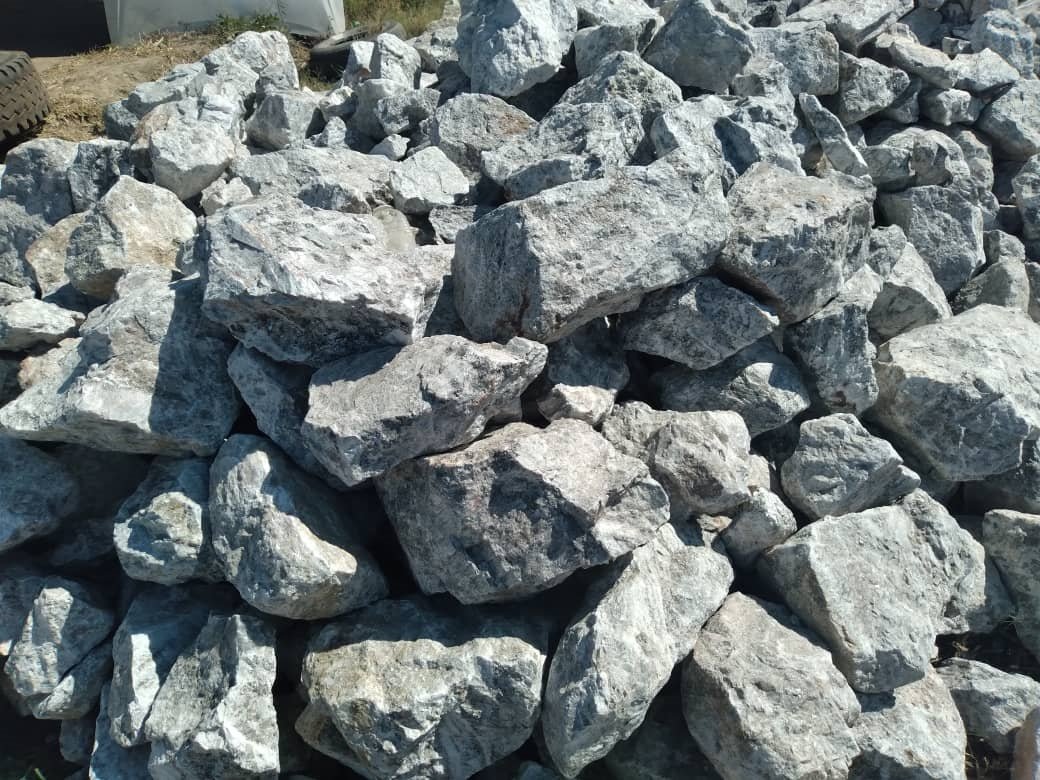The Hidden Costs of Zimbabwe’s Lithium Exports
In 2023, Peter, a truck driver from Zimbabwe, was heading toward a border checkpoint between Zimbabwe and Mozambique. He had no reason to suspect that the contents of his truck’s sealed container were anything other than what was listed on the paperwork. For years, he had transported shipments for a Chinese-owned company, and he believed everything was in order.
But when border inspectors opened the container, they found something unexpected: raw lithium. Instead of the chrome mentioned on the documents, the shipment contained unprocessed lithium, which is illegal to export without special permission from the minister of mines and mining development. Peter didn’t have that authorization, and as a result, his truck and trailer—worth over $50,000—were impounded for a year. His employer, Drape Trucking, eventually retrieved the vehicle after paying a $5,000 fine.
Zimbabwe holds some of Africa’s largest lithium reserves, making it a key player in the global push for green energy and advanced technology. However, its production still lags behind major lithium producers like Australia and Chile. Despite this, Zimbabwe ranks among the top eight lithium-producing countries, with 1,200 tonnes produced in 2021 alone. As demand for lithium increases, so does the problem of illegal trading.
Some companies mislabel their shipments or underreport the quantity and quality of lithium being exported. Border officials, either unaware or complicit, often allow these shipments to pass through, undermining efforts to regulate one of Zimbabwe’s most valuable resources. Peter, who asked that only his first name be used, did not share the name of the company responsible for the shipment, but he provided the owner’s name. However, Global Press Journal was unable to verify the involvement of anyone by that name in the industry.
Corruption at the Border
Tendai, a former border agent, admitted to accepting bribes to let lithium shipments pass through the border. He confirmed the incident involving Peter and said he was arrested and fined for his role. Like many others who spoke to Global Press Journal, Tendai requested anonymity due to fears of losing his job.
In 2022, Zimbabwe banned the export of raw lithium to curb smuggling and encourage domestic processing. This move aimed to extract more value from the mineral by requiring companies to process lithium within the country. Since then, major lithium mining companies such as Arcadia and Bikita Minerals have established processing facilities. However, data on whether these regulations have increased revenue is scarce. Official records show that lithium production capacity in Zimbabwe surged by 230% between 2022 and 2023.
Despite the ban, lithium smuggling remains rampant. Gorden Moyo, director of the Public Policy and Research Institute of Zimbabwe, claims that the regulations are ineffective. He says that officials, including members of security services, collude with politicians and foreign governments—particularly China—to facilitate illegal exports.
Monitoring and Enforcement Challenges
Nomsa Jane Moyo, general manager at the Minerals Marketing Corporation of Zimbabwe, stated that the organization closely monitors all stages of mining to ensure that companies export the quantities and qualities they declare. She noted that the government seized 22 lithium shipments in 2023 and 23 in 2024. Some of these were intercepted before reaching the borders, while others were flagged at the Forbes border post between Zimbabwe and Mozambique, and the Beitbridge border post between Zimbabwe and South Africa.
However, according to Tendai, the former border agent, the figures do not reflect the true volume of lithium leaving the country. He explained that companies often underreport their exports because permits have fixed limits. This practice starts at the mines, where officials claim to monitor activities closely.
Secrecy and Misreporting
Tatenda, an employee at Prospect Lithium Zimbabwe, said the company undervalues high-grade lithium. While the Ministry of Mines conducts inspections, he claimed that high-quality lithium is sometimes hidden beneath lower-value ore to mislead inspectors. Despite multiple attempts by Global Press Journal to speak with Prospect Lithium Zimbabwe, the company did not respond to follow-up requests.
Nomsa Jane Moyo from the Minerals Marketing Corporation stated that the lithium quality tests conducted at Prospect Lithium Zimbabwe meet all legal requirements. However, Tendai alleged that mining companies bypass shipment records by bribing not only border officials but also officers from the Zimbabwe Revenue Authority and the Minerals Marketing Corporation.
Lack of Expertise and Institutional Capacity
Levious Chiukira, a customs and trade consultant at Gleam Customs and Clearing Agency, pointed out that some border officials struggle to identify different types of lithium. “I worked as a customs official for years, yet I cannot differentiate between petalite and lepidolite, both of which are forms of lithium,” he said. “The revenue authority does not employ geologists, and there is no institutional capacity to address this knowledge gap.”
Gorden Moyo argues that exporters exploit these regulatory gaps. “While corruption is punishable by law in China, when they operate abroad, they act with impunity,” he said. The lack of transparency in contracts between the state and investors further undermines public trust. Tafara Chiremba, an environmentalist at the Zimbabwe Environmental Lawyers Association, noted that smuggling allows China, not Zimbabwe, to benefit from the country’s lithium wealth.
Conclusion
The challenges surrounding Zimbabwe’s lithium exports highlight the need for stronger enforcement, greater transparency, and improved expertise in the mining sector. As global demand for lithium continues to rise, ensuring that Zimbabwe benefits from its natural resources will require significant reforms and accountability across all levels of the supply chain.







